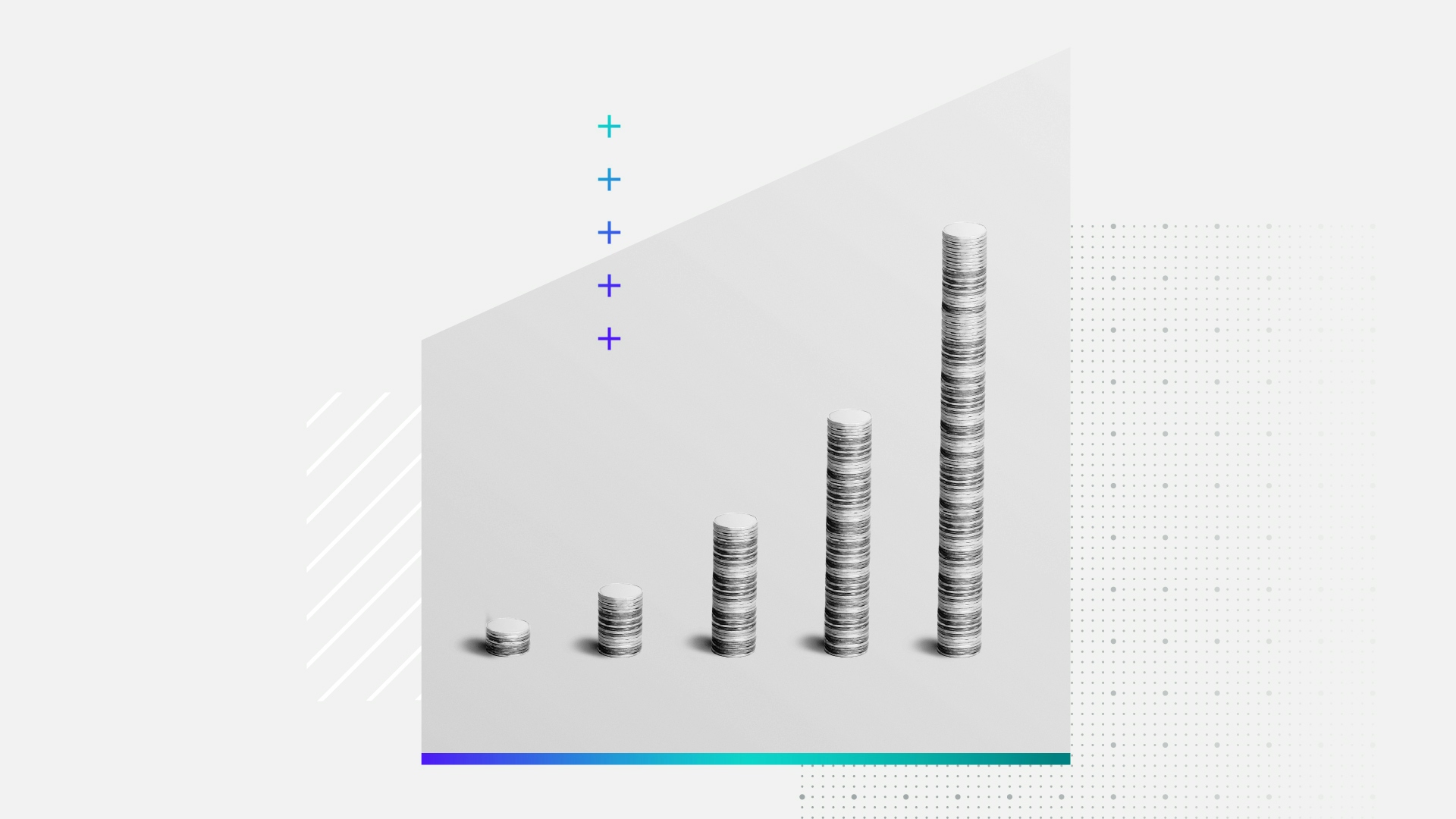Consumer Price Pushback is Helping Cool Inflation - But Not Enough to Revive Flagging Demand

Key Takeaways
Morning Consult’s consumer inflation nowcast suggests further softening in price growth in August.
Despite cooler inflation, consumers remain resistant to spend: Price sensitivity and trading down increased overall in August, continuing a trend of more muted demand in 2024 compared with the same period a year ago.
Attitudes on prices and purchases vary for consumers of different income levels, with higher earners continuing to show more willingness to pay full price while lower and middle income adults remain steadfast in their commitment to frugality.
Data Downloads
Pro+ subscribers are able to download the datasets that underpin Morning Consult Pro's reports and analysis. Contact us to get access.
The consumer price environment remains challenging for U.S. buyers and sellers alike. Inflation has steadily cooled in recent months, dropping to 2.9% in July–it’s lowest level since March 2021. Consumers are recognizing these shifts, with fewer adults reporting surprise over high prices last month compared with the same period a year prior. However, falling price growth–and, in some cases, price levels–has done little to stoke buying demand. The cumulative impacts of several consecutive years of elevated prices, on top of higher interest rates discouraging financing on large purchases or growing credit card balances, continues to restrict consumers’ willingness to make purchases. Muted demand in turn puts downward pressure on prices for consumer-facing businesses, particularly for non-essential goods and services that are easier for households to forgo.
Morning Consult’ data suggests weakening price growth in August
Morning Consult’s nowcast for consumer price inflation projects that prices stayed close to flat (the monthly forecast is slightly negative but rounding to 0.0%) in August–a potential development that would put the Federal Reserve well on its way to achieving its goal of 2% inflation. The nowcast model relies on Price Surprise index scores for categories that have registered a strong historical link to inflation movements. The intuition behind the Price Surprise model is that the prevalence of consumers reporting higher than expected prices should offer an indication of how those prices have changed, since most consumers’ category-level price expectations are likely based on the prior observed price for that same item or service.
Morning Consult’s model is projecting weaker price growth than the consensus estimate for August of 0.2% growth. In general, the model has been closer than consensus in predicting price changes in 2024, but undershot the July CPI reading last month.
Price relief isn’t translating to looser purse strings
Despite fewer consumers’ reporting surprise over higher than expected prices in August, the indexes tracking Price Sensitivity and Substitutability (trading down) both ticked higher as well. While both indexes remain below their historical peaks, sticker shock scores were 2.3 points higher than the same month a year ago and trading down levels increased 5.6 points from August 2023. These findings suggest that while consumers are noticing milder price growth, it is not enough to alleviate the urge to be frugal. Dwindling savings and elevated costs for debt-servicing remain headwinds to spending, while high living costs for categories like housing and a cooling labor market continue to breed percolating unease about economic conditions and financial security.
In contrast to 2023, consumers are increasingly resistant to make a full-price purchase costing more than they expected to pay. Rather than encouraging more buying, softer inflation appears to be hardening consumers’ resolve to stop accepting rising costs.
Resistance to price increases is fiercest among low and middle income adults
While all adults have showed diminished willingness to splurge in 2024, it is adults from households earning less than $100,000 annually who are most price sensitive and inclined to trade down. Morning Consult’s Consumer Purchasing Power Barometer (CPPB), calculated as an inverted weighted average of the Price Sensitivity and Substitutability indexes, offers a collective view of how price levels are affecting purchasing demand across various income groups. As more consumers walk away from or trade down on purchases, the CPPB declines, whereas greater willingness to pay full price for purchases leads to rising CPPB scores.
Over the past year, CPPB trajectories have diverged radically for adults of different income levels. While the lowest income group has steadily registered the most muted price-impacted demand levels, the highest income group–earning more than $100,000 per year–showed strengthening scores through early 2024. The most dramatic shift occurred among the middle income group, earning between $50,000 and $100,000 per year: These adults’ CPPB scores fell from progressing in lockstep with high earners in late 2023 to instead tracing close to the lowest income group’s scores from the end of Q1 2024 through the most recent reading in August.
Middle income adults are an important indicator for the economy as a whole, as shifts in their behaviors may be indicative of trends spreading up the income strata. CPPB scores for the highest income adults showed a clear downward trend starting a few months later than the middle income cohort. That downward slide reversed slightly in August, however, as demand appeared to recover somewhat among the highest earners.
Looking beyond the more narrow scope of how prices are impacting purchasing decisions, Morning Consult’s Consumer Health Index (CHI) provides a broader demand metric based on the desire (from consumer sentiment data) and ability (from the Unemployment Index) to spend.
Recent shifts in CHI scores by income group closely mirror the story playing out in the CPPB: All income groups have shown more muted demand levels in 2024, but it is predominantly lower and middle earners that are most committed to belt-tightening. Similar to the CPPB uptick in August among the highest income group, CHI scores also improved over the past month for these consumers. Tying these movements together, improving sentiment and more stable employment outcomes for the highest earners in August is in turn spurring some recovery in willingness to absorb higher prices.
Sustained consumer price resistance could accelerate inflation slowdown–but also carries risks for the economy overall
The current dynamic of simultaneously cooling price growth and rising price sensitivity presents a challenge to consumer-facing businesses seeking to bolster buying demand. Looking ahead, certain factors remain favorable to consumer financial situations: Unemployment overall continues to be low, and Morning Consult’s high-frequency Unemployment Index suggests more job stability lately following several months of a weakening labor market. Additionally, Chairman Jerome Powell has effectively committed the Fed to lowering interest rates beginning in September, a development that could further fortify hiring and retention among businesses and alleviate borrowing costs for consumer purchases. However, the effects of interest rate changes are generally lagged. Consumer spending remains the backbone of the U.S. economy, making up about two thirds of overall gross domestic product (GDP). Should consumers maintain their current resistance to make full-priced purchases, inflation will continue to face downward pressure. At the same time, parts of the labor market could simultaneously weaken as sellers cut costs in response, in turn undermining household finances even further.
Kayla Bruun is the lead economist at decision intelligence company Morning Consult, where she works on descriptive and predictive analysis that leverages Morning Consult’s proprietary high-frequency economic data. Prior to joining Morning Consult, Kayla was a key member of the corporate strategy team at telecommunications company SES, where she produced market intelligence and industry analysis of mobility markets.
Kayla also served as an economist at IHS Markit, where she covered global services industries, provided price forecasts, produced written analyses and served as a subject-matter expert on client-facing consulting projects. Kayla earned a bachelor’s degree in economics from Emory University and an MBA with a certificate in nonmarket strategy from Georgetown University’s McDonough School of Business. For speaking opportunities and booking requests, please email [email protected]


